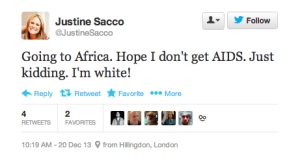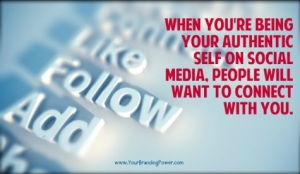
The end is nigh! (…or is it the end of the beginning? )
As a I sit down to write my last blog for #uosm2033, I think back to my first written piece: understanding the concepts of digital visitors and residents. Delving into research for that week, I concluded that I am a digital resident. But now, with ten weeks under my belt of understanding digital media and the importance of online communication, I can very much say that I am not the resident I thought I was.
Continue reading →










